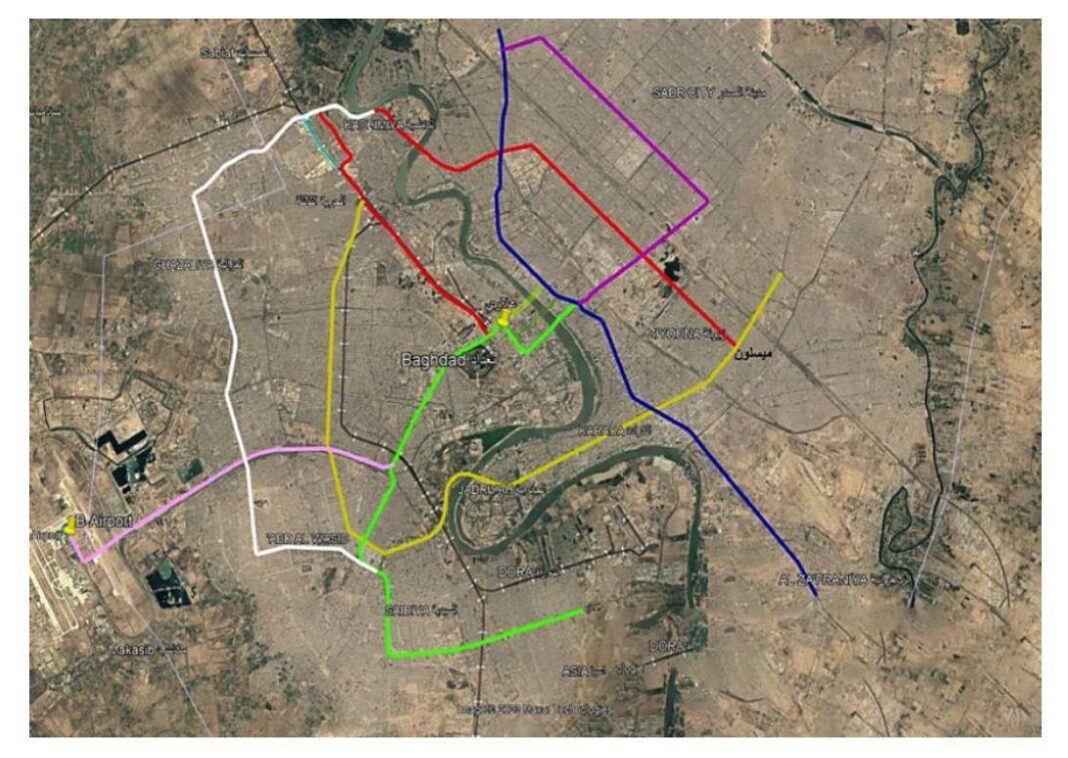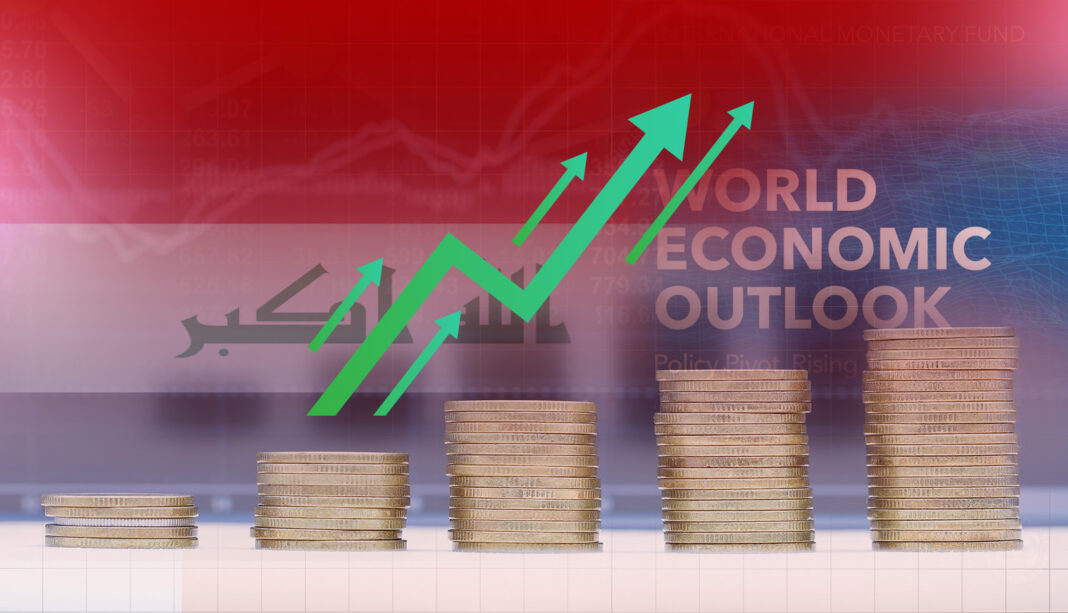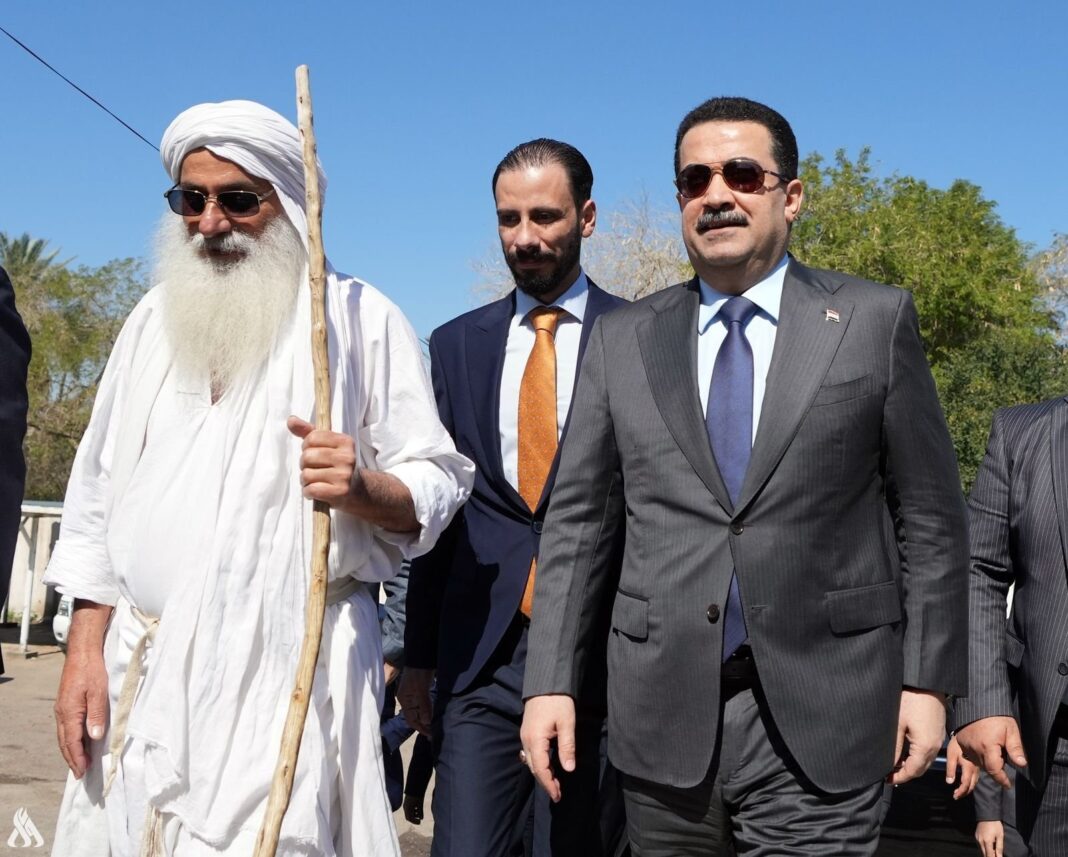Baghdad Metro Project Gains Momentum with Fresh Plans
Iraq has launched a bold new approach to advance the long-awaited Baghdad Metro project. Prime Minister Mohammed Shia Al-Sudani recently directed officials to finalize the necessary procedures. This decision came during a high-level meeting in Baghdad. The meeting focused on updating strategies to ensure smooth project implementation.
The Iraqi government rejected previous bids due to various complications. Therefore, officials adopted new models and insights from global infrastructure projects.
As a result, the Baghdad Metro project will move forward through a coalition. This includes government bodies, international contractors, and private investors.
Additionally, the project gained traction in May when Advisor Mohammed Al-Najjar confirmed the launch timeline. According to Al-Najjar, construction will start before the end of 2025. Moreover, in late 2024, Advisor Naser Al-Asadi announced that design plans for the metro route had been completed. These plans include underground, surface, and elevated tracks.
The metro will span 148 kilometers across Baghdad. It will have seven different lines and connect 64 metro stations. Importantly, the Baghdad Metro project aims to ease traffic jams in the crowded city. Baghdad, home to about eight million residents, suffers from daily congestion.
Furthermore, the metro’s lines will vary in length. Some routes will stretch nine kilometers, while others will cover up to 37 kilometers. International cooperation plays a major role in the project. Renowned companies from France, Spain, Turkey, and Germany are involved.
Among the participants are France’s Systra and SNCV, Spain’s Alstom, Talgo, and Sener. Turkish builders and Germany’s Deutsche Bank are also on board. The $18 billion venture will take four years to complete. The government may also expand it beyond Baghdad in the future.
Notably, government agencies are now preparing detailed specifications. These include guidelines for trains, stations, and infrastructure components.
Through this renewed effort, Iraq hopes to transform urban transport and attract more global investment. This project represents a major step toward modernization.



